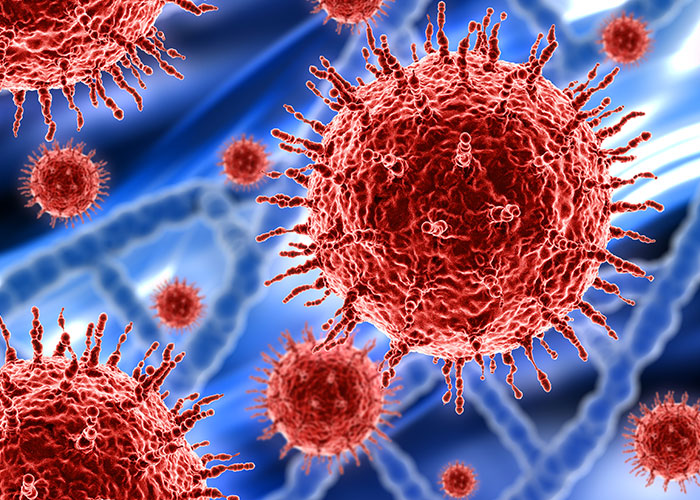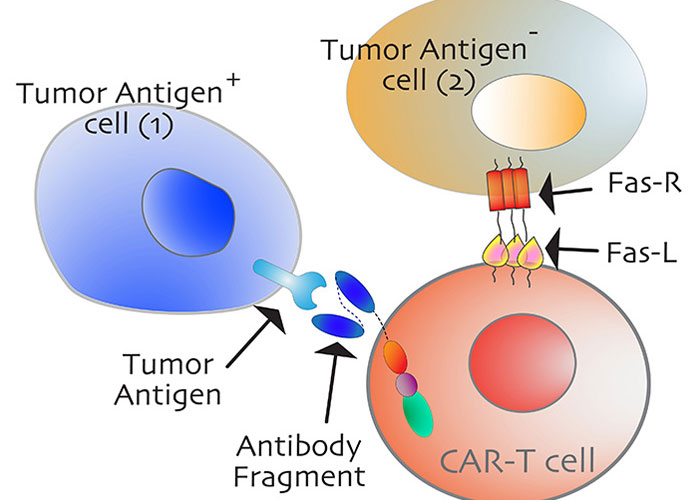Scientists have just discovered a way to kill off cancerous cells, a new process that could improve cancer treatment.
A research team from the University of California, Davis (UCD) Comprehensive Cancer Center has found a method to detonate the mechanism that leads to the heart of cancerous tumors.
In essence, the process consists of triggering a “timer bomb” on the cells that line a tumor’s associated blood vessels, Science Alert reported.
The result, which was published as a scientific paper Cell Death & Differentiation last month, demonstrated that the blood vessels in question control access to the tumor tissue.
Scientists have discovered a way to kill off cells, a new process that could improve cancer treatment

Image credits:Artem Podrez/Pexels
As such, the timer bomb on these cells is in fact a “death” receptor, reportedly called Fas (or CD95).
UCD’s scientists and colleagues at Indiana University had argued that until recently, Fas had been “undervalued in cancer immunotherapy”.
The new method consists of a detonating mechanism that leads to the heart of cancerous tumors

Image credits:kjpargeter/Freepik
Up until now, not one Fas antibody has made it to clinical trials, but recent experiments have changed this discourse.
New experiments have included the use of mouse models and human cell lines, as UCD scientists have at last identified specific antibodies that, when attached to Fas receptors, effectively trigger self-implosion, the publication explained.
Jogender Tushir-Singh, the immunologist and senior author of the study, said: “Previous efforts to target this receptor have been unsuccessful.
“But now that we’ve identified this epitope, there could be a therapeutic path forward to target Fas in tumors.”

Image credits:UCDavis Health
As explained on the website, the antibody that binds to this epitope, which is a specific part of the death receptor, enacts as the kill switch for the cell.
Upon the immune checkpoint’s being blown open, additional cancer therapies, such as CAR-T therapy, can receive more access to their targets, which are often clumped together and hidden within the tumor.
Therefore, CAR-T therapy has been limited to treating blood cancers or leukemia, and can’t reportedly provide consistent success against solid tumors.
The therapy is believed to be much more effective against tumors

Image credits:National Cancer Institute/Unsplash
Jogender said: “These are often called cold tumors because immune cells simply cannot penetrate the microenvironments to provide a therapeutic effect.
“It doesn’t matter how well we engineer the immune receptor activating antibodies and T cells if they cannot get close to the tumor cells. Hence, we need to create spaces so T cells can infiltrate.”
Scientists have developed two engineered antibodies in newer UCD experiments.
The result was reportedly successfully achieved in ovarian cancer models and many other tumor cell lines tested in the lab.
People were enthusiastic about the research

Jogender further explained: “We should know a patient’s Fas status – particularly the mutations around the discovered epitope – before even considering giving them CAR-T.
“But most importantly, this sets the stage to develop antibodies that activate Fas, selectively kill tumor cells, and potentially support CAR-T-cell therapy in solid tumors.”
Hopeful netizens shared their relief upon reading about the discovery







 You May Like"It Will Cause Casualties": Scientist Addresses The City-Leveling Asteroid Threat For 2032Lei RV“Call Me Lazy”: Mother, 34, Stuns With Ozempic Transformation And Side EffectKarina BabenokAutism Breakthrough Helps 3YO Nonverbal Boy Speak For The First Time After Inexpensive TreatmentKarina Babenok
You May Like"It Will Cause Casualties": Scientist Addresses The City-Leveling Asteroid Threat For 2032Lei RV“Call Me Lazy”: Mother, 34, Stuns With Ozempic Transformation And Side EffectKarina BabenokAutism Breakthrough Helps 3YO Nonverbal Boy Speak For The First Time After Inexpensive TreatmentKarina Babenok
Lei RV
Karina Babenok
News